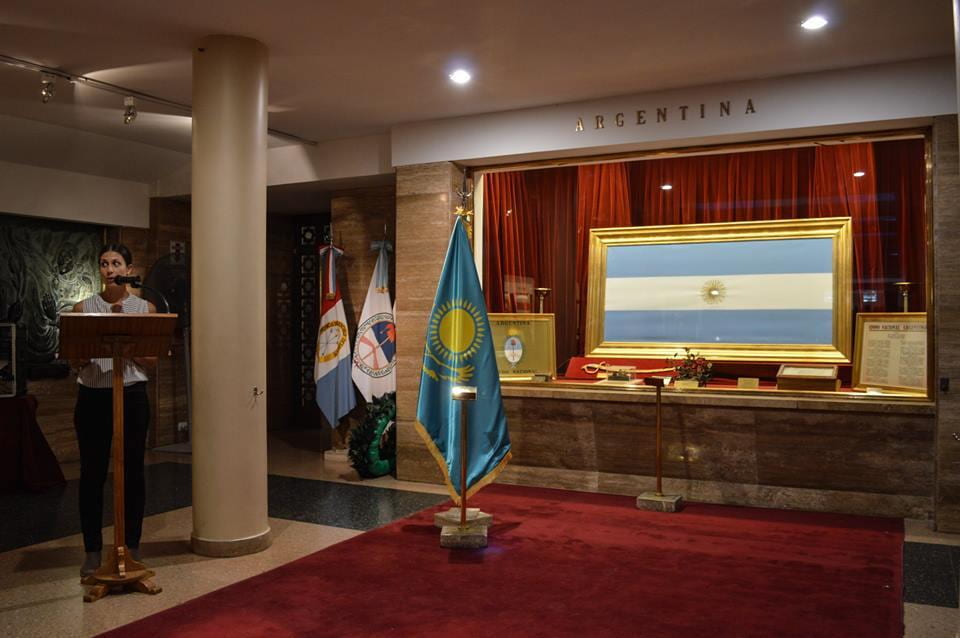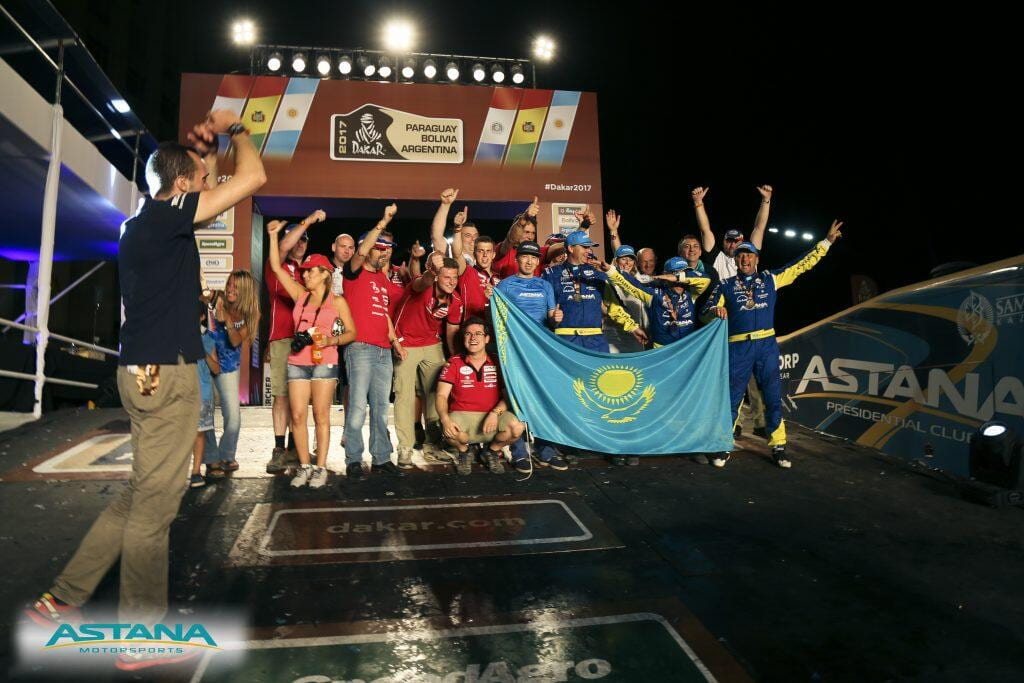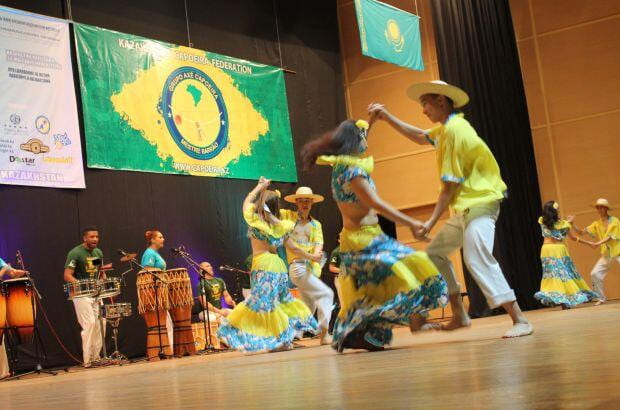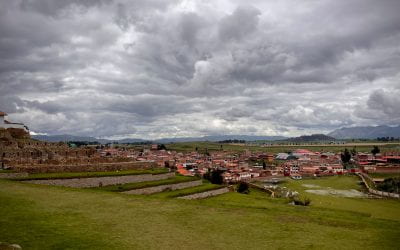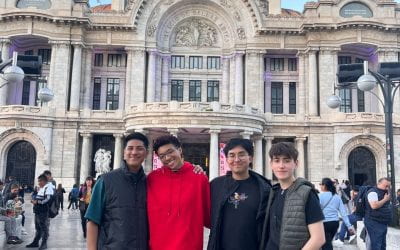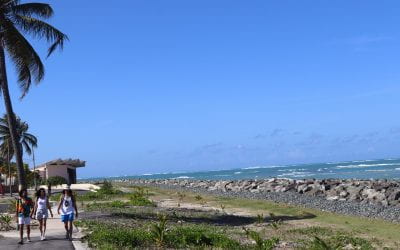
About the Author
Aitzhan M. Kulumzhanova, a PhD candidate of L.N. Gumilyov Eurasian national university, Kazakhstan. Her study is “left turn” in Argentina, Venezuela and Bolivia, its political dynamics in post-transition. Email: aitzhan.kulumzhanova@gmail.com
A Window to Latin America
Beyond Salsa and Tango Spots
Everybody knows that doors either block your entrance or invite, depending on if they are closed or open.
But windows are different, like eyes, are meant to look out onto the world. Some windows are open, others closed; some are forever broken, others reflect bright lights, and like eyes, they invite in a more intimate way.
As a Ph.D. student in Kazakhstan, I find windows a challenge to my research curiosity—how does my Latin America behind such interesting windows live and what its souls look like?
Latin America is one of the most diverse and dynamic regions in the world. And for me, it has always been associated with the words, “the most” — the most ancient history, with the richest culture, with the loudest revolutions and the most unprecedented policy; and all these facts intuitively have always taken a particular interest to me that finally led me to the world of science and rolled down the window to look into the region through research. And it turns out that in terms of science I am the lone Latin Americanist in Kazakhstan.
My research is focused on the matter of “left turn” in Argentina, Venezuela and Bolivia, its political dynamics in post-transition. The reason of taking such research topic is that increasingly, social movements are playing a crucial role in the political struggle in the world since their actions tend to express new and old unfulfilled demands and grievances towards economic, social and political inequalities. In Latin America in particular, the actions of social movements, more than political parties, have shaped and regulated the political processes that define the dynamics and the meaning of young democracies in the context of the post-transition.
After careful reflection I came into some considerations that the root cause of ceaseless conflict between social movements and the status quo has tended to affect the formation of a “common political sense,” an established consensus on the relationship between the ruler and the sovereign. The study of how this consensus is forged and disputed today in countries such as Argentina, Venezuela and Bolivia is crucial because it sheds light on the questions of who governs, who influences and what sort of discursive changes have contributed to destabilize the anti-neoliberal consensus that underpins the narratives of the left turn government in the region.
Latin American studies in Kazakhstan, at an average university, used to be quite unpopular with students, but the interest to this region is gradually gaining momentum here. With its charismatic culture and furious energy no one is immune to its charm. So am I. Enchanted, captivated and entranced to this region forever.
During the XXth century Kazakhstan was part of Soviet Union and all the political, economic and social relations were not directly linked with Latin American countries but through Moscow (it was obvious, as we used to be the colony of the Soviet Union), and all the goodies were mainly settled in Moscow, and Kazakhstan was left as a periphery even with no access to Latin American culture. I think culture has great importance; it is like the lifeblood of a vibrant society mostly expressed in traditions, history, literature and music that help us see the world through the eyes of others. We were deprived from those possibilities.
After the collapse of the Soviet Union, Kazakhstan started focusing on establishing international strategic partnerships with countries and gradually opening the windows of opportunities and getting the benefits of it. Latin American regions at that moment were a part of its global foreign policy strategy, and after the declaration of its sovereignty and independence in 1991 – most of Latin American countries recognized and established diplomatic relationship with my country.
I should say that the bilateral relations never reached a high level for both of actors and were considered as peripheral for most of the years, but at the beginning of the 21st century the situation has changed drastically. Most Latin American countries considered Kazakhstan specifically not as a potential commercial partner but as a political and diplomatic one. After entering the third decade of independence, Kazakhstan started building itself as stable with a dynamically developing economy, and setting foreign policy priorities specifically with Latin American countries within Foreign Policy Concept of the Republic of Kazakhstan for the years of 2014-2020, and this new situation led to a mutual discovering.
Within this concept the priority was given to the development of trade, economic, investment and humanitarian ties and the promotion of common interests in the United Nations with North, Central and South America. At that moment, the Latin American region started taking interest on Kazakhstan especially in terms of its geopolitical position. Compared with other five Central Asian countries, Kazakhstan is the largest both in terms of geography and economy. It became a country full of opportunities for technologies, food industries and pharmacy for such countries as Argentina, Brazil, Cuba and Chile, with the entrance of Latin American products into the Custom Union and the Common Economic Space. Within the Custom Union, Kazakhstan created attractive market and opened its windows for Latin American investors.
As strange as it may seem, Kazakhstan and some Latin American countries have lots of things in common. For example, Central Asia (Kazakhstan, Uzbekistan, Tajikistan and Kirgizstan) in the Soviet period was one of the colonies of the Soviet Union. Among those countries, Kazakhstan played the most essential industrial role as a donor due to its rich natural resources and oil deposits. At that period Russians controlled the government there and managed all the vital resources of mines and industrial enterprise. So we are looking at Latin America as another post-colonial region—like us.
Under the Soviet rule, Kazakhstan was gradually transforming from nomadic into an agricultural and industrial country. Step by step, the progress of the system of education and health care finally led to a better literacy and an increase in longevity. But on the other side of the coin, Soviet rule brought systematic forced collectivization that resulted terrific famine and victimization. Kazakhstan was treated as a backwater – a place to test nuclear weapons, the effects of which are still felt among our people.

And even now after establishing the sovereignty and independence Kazakhstan as a postcolonial country still exercise significant influence of foreign powers role in the economic and political spheres like most Latin American countries.
Another period that coincides with some Latin American countries is the beginning of 2000s, a period for an active policy on attracting foreign investment in the oil and gas industry. By early 2000s, there were more than 20 joint ventures in more than 40 fields. Kazakhstan, like Venezuela felt oil euphoria and disaster myopia—with an oil boom, it is practically impossible to behave prudently. Like many Latin American countries, we experienced “Dutch disease” —a dependence on one commodity. Oil revenues leak primarily through the budget, through the state, through purchases and through the quasi-state-sector. Kazakhstan is still experiencing resource dependency, but trying to diversify with some variable success. I am afraid that if we fail, we could follow the same scenario as in Venezuela with its economic default and political turbulence.
The “left turn” in Latin America in the beginning of 2000s contributed to internal political crises that led to a change of power and violent clashes between protesters and the authorities. This event heightened the wariness of external investors and had negative impact on the oil market. These factors directly led to Kazakhstan as well, and affected the political landscape and currency rate adversely. Everything is interconnected and the whirling with political crises can influence every part of the world either from economic, social and political aspects. That is why “left turn” in Latin America is my target research, we have lots of issues in common, and with the thorough political and comparative analysis of this region I could get answers to my research questions.
In 2019 I got a scholarship for a Ph.D. at the Eurasian national university in Kazakhstan. There were no doubts that Latin American region would be my research focus. But I could not expect that during my study I would pose a major challenge in rolling down the windows to my Latin America. Several reasons contribute to this: lack of capable researchers, experts and an absolute absence of research capacity centers or think tanks focusing on politics, economy and diplomacy in Latin American region in my country except salsa and tango spots. To say that I experienced the stress is an understatement but at the same time I realized that it was an uncharted and fertile territory for my further research, as no one ever “touched” this region ever. Imagine what a blessing and responsibility I felt! Gradually it increased my confidence and inspired me stop at nothing but to push myself to new heights and discover the policy of Latin American region to my country, as in the 21st century Latin America is increasingly the constant of emerging polycentric system of international relations. Numerous heterogeneous facts support this point. Participation of Argentina, Brazil and Mexico in the “G20,” and Brazil in the BRICS; deployment in new formats of integration processes in the region itself; trade and economic turnover of a number of leading countries towards Pacific Asia, their accession to APEC; a breakthrough in Russian-Latin American and China-Latin American relations; a reboot of Latin-European interaction; Washington’s rejection of the Monroe doctrine and the decision to restore full relations with Cuba; the highly symbolic election to the papacy of the Argentine Jusuit Cardinal; the assignment of a Brazilian diplomat as a Director- General of WTO Robert Azevedo—and this is not a complete list of events pointing to the geopolitical shifts in Latin American region. It can be stated that Latin American foreign policy is passing through the period of heightened international dynamism characterized by two main aspects: intensification of intraregional interactions and search for new promising extra-regional partners.
And now, the geopolitical situation in this region is undergoing fundamental changes – new and influential extra-regional actors have advanced partners that have significantly expanded the range of external relations of Latin American and Caribbean countries, which objectively increase the role of Latin America in the international arena. Kazakhstan today has established diplomatic relations with all Latin American and Caribbean countries. At a diplomatic meeting in Buenos Aires in August 2019, Kazakhstan’s Executive Secretary of the Ministry of Foreign Affairs discussed his interest in emulating Argentina’s model for training its diplomats. While this may sound like a standard goodwill diplomatic statement, it does highlight the diplomatic reach of Kazakhstan, well past the borders of Eurasia, a feat no other Central Asian country has matched.
Even though we don not have experts and analysts in Latin American region here in Kazakhstan, I was lucky enough to find a supervisor from Catholic University of Argentina who is specialized in social movements and published lots of work on revolutions in Latin American region, and he is working collaboratively with me to find necessary material for thesis and supervise my scientific outputs.
I find that Latin American studies have entered a new era of scientific maturity, and the results are obvious, we can see thousands of books in the bibliography on Latin American issues via Internet, as well as thousands of monographic publications. Due to this, now in a “scientific mirror” the region appears in all its diversity. But still new landmarks for searching the answers to complex questions on Latin American practice raises in the context of a global transition to a different mode of world economy and international relations are also essential to observe and study.
Despite a critical shortage of resources here, I always try to find ways to broaden my research horizons and shape the dynamics and trends in politics and economy of this region. Those who never lose their curiosity make great researchers.
More Student Views
Andean Cultural Landscapes in Danger: The Chinchero International Airport
English + Español
Cusco stands as one of the most culturally and ecologically captivating regions globally.
Blossoming Bonds: Beauty and Belonging in Mexico
When I heard the news about my upcoming trip to Mexico, a surge of excitement coursed through me, and I immediately felt the urge to share this exhilarating news with my close friends and family.
Weapons of Mass Construction: Building a Puerto Rico for the People
I zip up my raincoat and turn on my headlamp as we tread along a damp trail in El Yunque National Rainforest, Puerto Rico.

